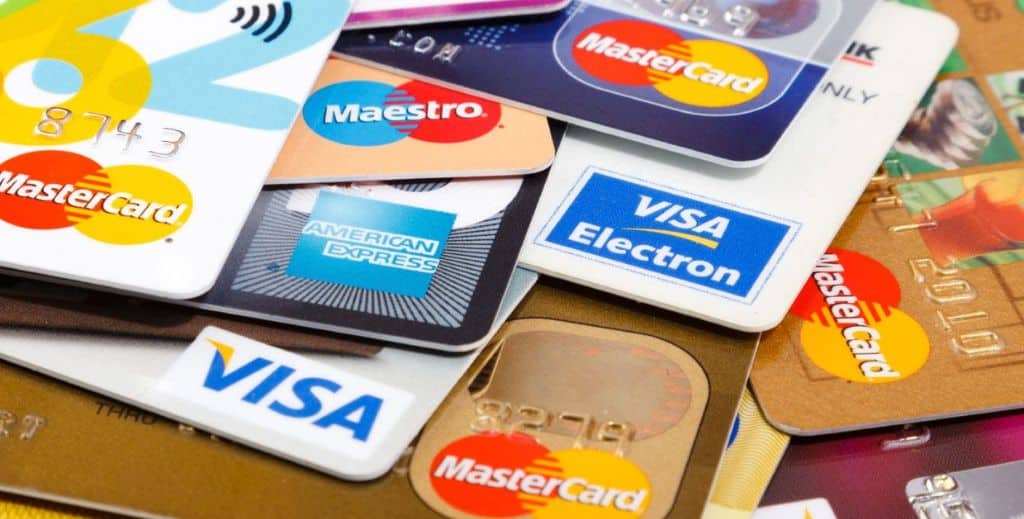In the fast-paced world of plastic money, the question of how many credit cards one should have often lingers. Hitting the right balance is crucial for defending secure financial health and avoiding common pitfalls. Let’s unravel the mystery and explore the factors that can instruct you in choosing the optimal number of credit cards for your wallet.

Explore The Factors in Choosing Many Credit Cards
1. The Pros of Having Multiple Credit Cards:
- Enhanced Credit Score: Responsible management of multiple credit cards can contribute simply to your credit score.
- Diverse Rewards: Different cards offer various rewards like cashback, travel miles, or discounts, providing flexibility based on your spending habits.
- Emergency Backup: Having more than one card ensures you have a backup in case of unexpected issues or card-related problems.
2. The Cons to Consider:
- Potential Debt Trap: Juggling multiple cards increases the temptation to overspend, leading to potential debt traps.
- Managing Payments: Keeping track of due dates and managing payments for multiple cards can be challenging.
- Annual Fees: Some card comes with renewal fees, and having several might accumulate higher costs.
3. Factors to Consider:
- Credit Utilization: Aim for a healthy credit utilization ratio, where your total credit card balances are a reasonable percentage of your credit limit.
- Financial Discipline: Assess your financial discipline and ability to manage multiple cards responsibly.
- Rewards and Benefits: Consider the rewards and benefits offered by each card and whether they align with your lifestyle and preferences.
4. Tailoring to Your Lifestyle:
- Frequent Traveler: If you travel often, a credit card with travel rewards might be beneficial.
- Shopaholic: Cashback or discounts on shopping might be attractive for those who frequently indulge in retail therapy.
- Business Expenses: If you have business expenses, a separate business credit card could streamline your finances.
5. Managing Credit Limits:
- Avoid Overextending: Having too many credit cards may lead to overextending your credit, potentially impacting your credit score.
- Regular Reviews: Periodically review your credit limits and adjust them based on your financial capacity.
6. Simplifying Your Wallet:
- Consolidation: Consider consolidating credit cards with similar benefits to simplify payments and management.
- Closing Unused Cards: If you have dormant or unused cards, closing them can reduce the complexity of your credit portfolio.
7. The Golden Rule: Quality Over Quantity:
- Choose Wisely: Instead of focusing on the number, prioritize choosing credit cards that align with your financial goals and spending patterns.
- Regular Evaluation: Periodically evaluate your credit card portfolio to ensure it meets your evolving needs.
Also Read: 5 Best Credit Cards for Students in India
Conclusion:
Determining how many credit cards you should have lacks a universal answer. It hinges on your financial habits, goals, and your capability to responsibly manage multiple cards. Aim for a balance that not only improves your financial well-being but also offers the convenience and benefits you are looking for.

